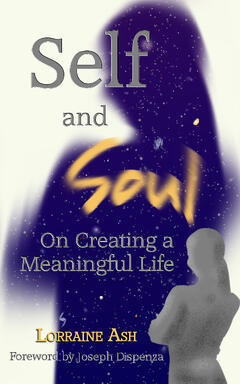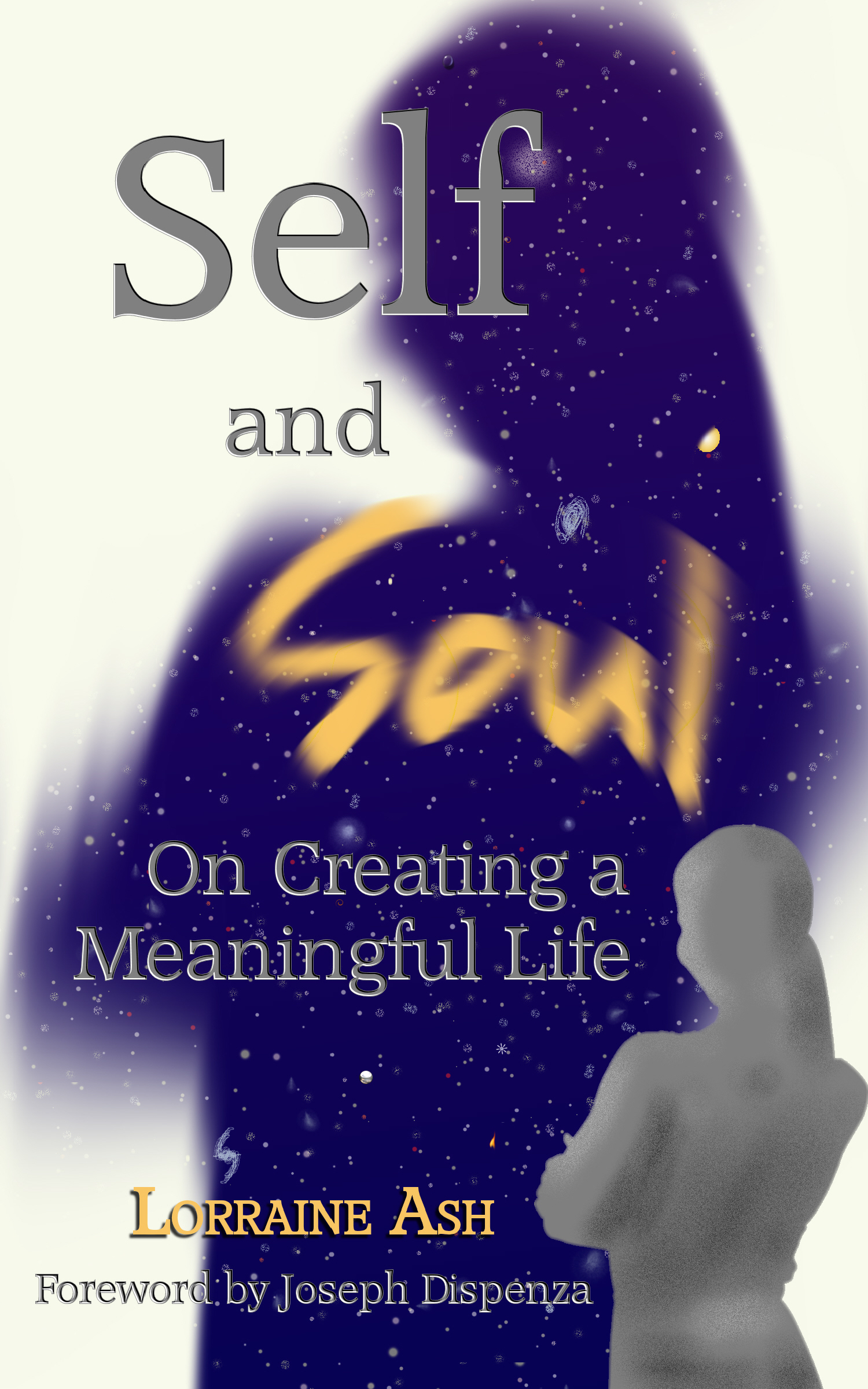
by Lorraine Ash
Families have two kinds of stories—the ones they tell to project a certain image, and the truer, darker ones they hide. Often, you may find yourself repeating the public ones. You are, after all, a part of the family.
Or maybe your family was grand, but you were traumatized or lost in some other quarter of life and didn’t know how to understand or process what had happened. In her memoir, With or Without You, Domenica Ruta writes perfectly of her reaction to being sexually abused repeatedly by a family friend known as Uncle Vic:
It didn’t happen. It didn’t happen. It didn’t happen. It didn’t happen. It didn’t happen. It didn’t happen. It didn’t happen. It didn’t happen. It didn’t happen. It didn’t happen.
Down goes the memory. Down goes the truth into the basement of the mind where it can stay, as if behind an unlockable glass door, for years. You can see it, but, for the life of you, you cannot speak it. Down goes the voice, the life voice, the writing voice, the most truthful—and so the most powerful—voice you have.
Write the thing that silenced you
How to retrieve it? There is only one way. To speak the very thing that silenced you. But you know it is difficult to find a person wise or trustworthy enough to tell. So, first, write what happened to you. If you must, write it in third person, as if it happened to someone else. That exercise can be the first step to regaining your voice.
Later, you may decide to write it in first person. Later yet, you may—or may not—decide to publish your story. Speaking is one thing. Publishing is another.
The safe page
Either way, the page—that blank and all-accepting pristine whiteness waiting to receive your story—may be just the safe place to articulate your truth. The act of doing so is called writing memoir, a time-honored genre devoted to the expression and evolution of the self. In a great memoir, whether it be an essay or book, the topic is the consciousness of the writer and how it develops over time in a particular family, culture, place, or circumstance.
Of course, evolution and development require movement. Carefully projected images are static. Traumas, too, can be preserved in stasis in the psyche. Writing moves them along.
In the writing of memoir, you put yourself in conversation with your own past and present struggles. This is how you free your true voice. Everything is at stake in this genre that actually demands you speak who you are.
Questions: Bring to mind an instance when you wanted to say something but didn’t. When did you first do that? Were you asked to keep silent, directly or implicitly? What has that silence cost you? How would it feel if you spoke your truth?
###
 Lorraine Ash, MA, is an author, journalist, and essayist as well as a writing teacher. Self and Soul: On Creating a Meaningful Life is her second book. Her first memoir, Life Touches Life: A Mother's Story of Stillbirth and Healing, was published by NewSage Press and has circulated throughout the United States as well as in the Middle East, Australia, Europe, China, Canada, and Mexico. Lorraine also is a veteran journalist whose feature articles and series have won seventeen national, state, and regional awards and have appeared in daily newspapers across the country. Lorraine belongs to the Association of Writers and Writing Programs and Investigative Reporters and Editors. She lives in New Jersey with her husband, Bill.
Lorraine Ash, MA, is an author, journalist, and essayist as well as a writing teacher. Self and Soul: On Creating a Meaningful Life is her second book. Her first memoir, Life Touches Life: A Mother's Story of Stillbirth and Healing, was published by NewSage Press and has circulated throughout the United States as well as in the Middle East, Australia, Europe, China, Canada, and Mexico. Lorraine also is a veteran journalist whose feature articles and series have won seventeen national, state, and regional awards and have appeared in daily newspapers across the country. Lorraine belongs to the Association of Writers and Writing Programs and Investigative Reporters and Editors. She lives in New Jersey with her husband, Bill.
About Self and Soul: On Creating a Meaningful Life - Are you living a life of quiet desperation? Questioning what it means to succeed? Wondering if your efforts matter? In this uplifting memoir, Lorraine Ash uses her own life experiences to explore inner landscapes where the seeds of divine healing and insight reside. These are the landscapes on which we create our own meaning and find the resiliency to thrive in a changing and challenging world.
Self and Soul is now available as a digitalaudiobook. Find it at Audible.com and Amazon.com as well as in the iTunesstore.


Leave Comment